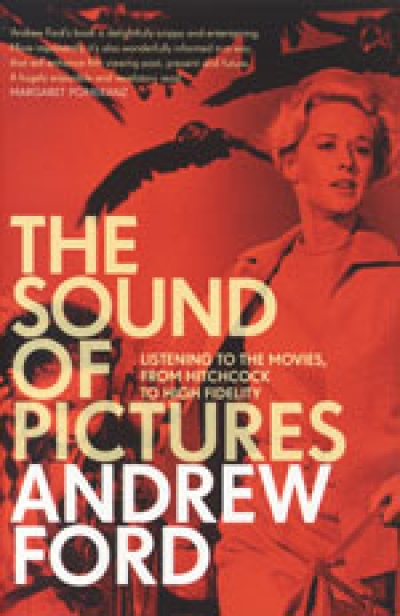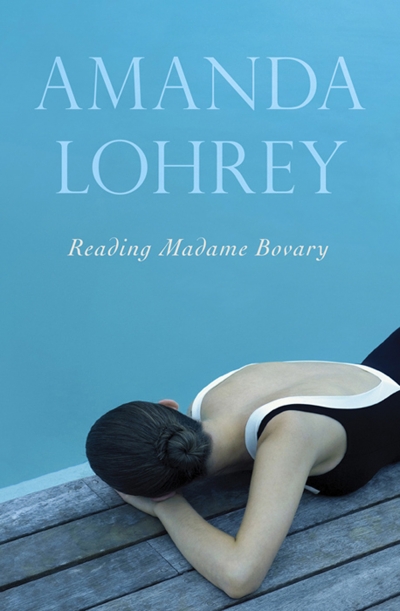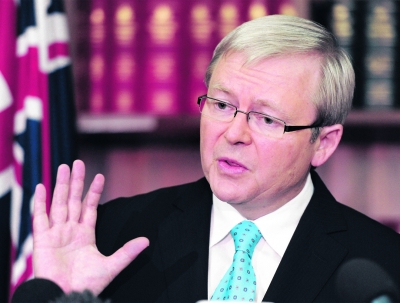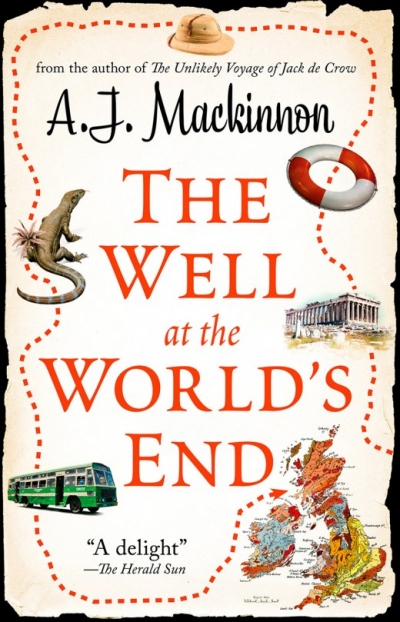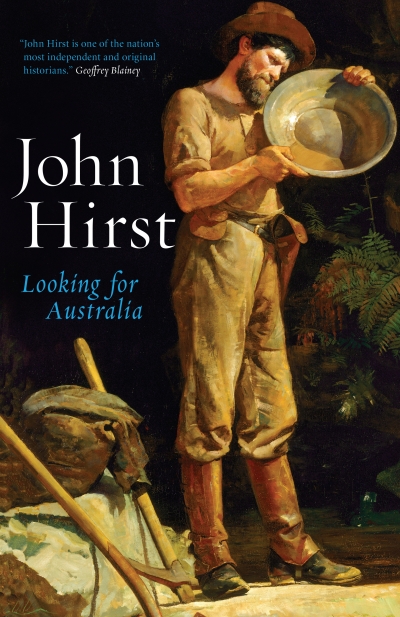Black Inc
Sign up to From the Archive and receive a new review to your inbox every Monday. Always free to read.
Recent:
The Best Australian Stories 2010 edited by Cate Kennedy & New Australian Stories 2 edited by Aviva Tuffield
by Chris Flynn •
The Sound of Pictures: Listening to the Movies, From Hitchcock to High Fidelity by Andrew Ford
by Robert Gibson •
Trivial Pursuit: Leadership and the End of the Reform Era (Quarterly Essay 40) by George Megalogenis & The Party Thieves: The Real Story of the 2010 Election by Barrie Cassidy
by Joel Deane •
Punch and Judy: The double disillusion election of 2010 by Mungo MacCallum
by Joel Deane •
Power Shift: Australia’s Future between Washington and Beijing (Quarterly Essay 39) by Hugh White
by Alison Broinowski •
The political assassination of Kevin Rudd will fascinate for a long time to come. As with Duncan’s murder in Shakespeare’s play it was done, as Lady Macbeth cautioned, under ‘the blanket of the dark’, literally the night of 23–24 June 2010. The assassins heeded Macbeth’s advice: ‘if it were done when ’tis done, then ’twere well it were done quickly.’ And as in Macbeth, the assassins were in the shadow of the throne. Even the old king approved: Bob Hawke, himself deposed in 1991, recognised at last that the removal of a Labor prime minister is sometimes necessary.
... (read more)Bonobo Handshake: A memoir of love and adventure in the Congo by Vanessa Woods
by Tony Wheeler •


